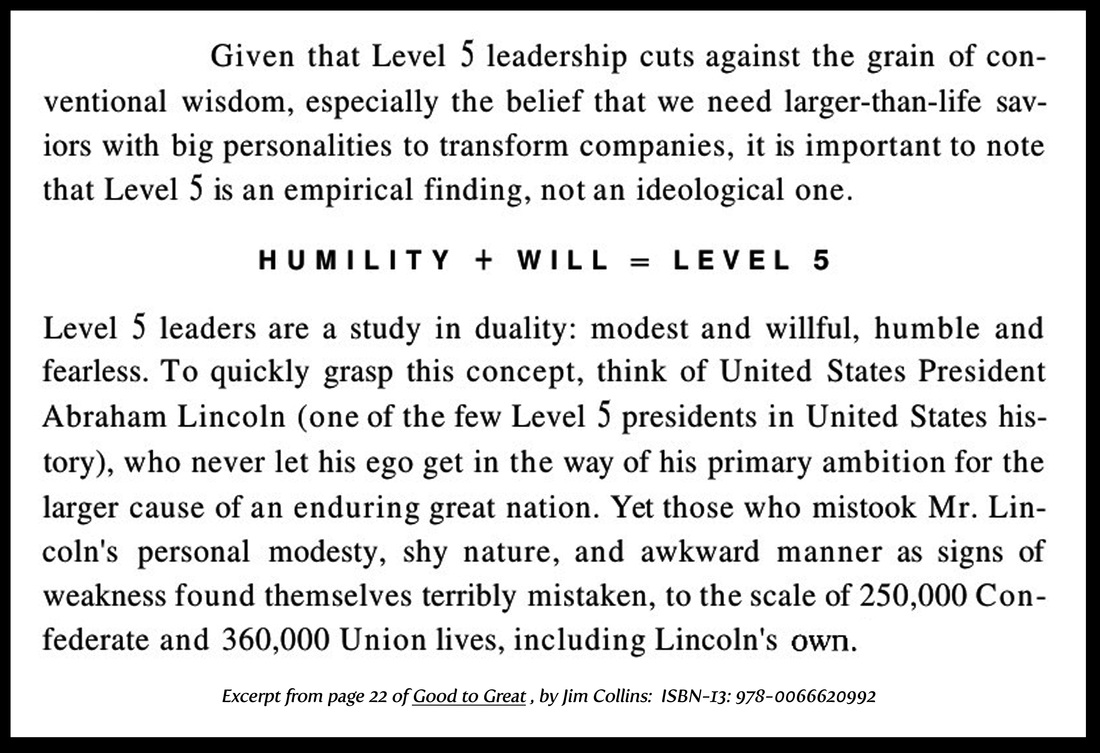Leadership Development
|
Leadership development is a process that anyone can work through and successfully complete. Leading To Your Success is a service company that enables people to move their lives forward - of their own choice. Leadership is not about bossing people. Leadership is about finding ways to help people move forward - because they want to.
As a service company, Leading To Your Success works to develop the natural leader in anyone who wants to improve that skill. It takes hard work and an open willingness to make the changes, but it is entirely possible. Leadership development entails an internal shift from personal and professional wants to an empathetic drive to serve the development of those you are leading. If you were a mountain guide charged with the safety and adventure of a group of hikers, are you more successful if you take them where you want to go, or where they will have the best experience? Then, if you can develop skills and strengths within your hikers, the entire group is stronger and the trek improves dramatically. In business, if you want a sales team to surpass last year's revenues - a new record - you must help them want to get there for their own experience of success, then you'll want to help them improve their strengths and skills so they can become an even better team than last year. Maybe they need to share winning strategies more, or become better at utilizing new ideas. Maybe they need to respond to new customer questions by sharing the answers with everyone else so the whole team benefits. Maybe the compensation package needs to be changed to reward team success as well as individual. |
The elite gurus of business leadership (people like Stephen Covey, Jim Collins, Ken Blanchard, John Maxwell, Louis Gerstner, and others) reduce all the practices of being a good leader down to one core premise - servanthood. Servant Leadership is a concept where the leader does the heavy lifting of figuring out what's needed, what's possible, and what his or her people will care about. Then it's communications, listening, educating, discussing, creating buy-in, encouraging, enabling, and empowering so the people can move forward with enthusiasm.
Too many people think that leadership is about force. It's not. They think power is about thwarting instead of building. It's not. It's about providing whatever is needed for the organization to move forward - strongly, competently, and consistently. One of the problems women are having reaching the top rungs of corporate ladders is a misconception about leadership. Many women seeking positions of power see it as a fight for domination, which drives antagonism and polarity. Based on the multitude of bad leadership examples given by men of power it is easy to see why women would fall into this misconception. But, in actuality, strengths commonly found in women are some of the best for successful leadership. Strengths like empathy, mutual consideration, nurturing encouragement, a natural desire to avoid conflict, and many other positive attributes stereotypically found in women, If the women who want to lead were soundly confident, they may find their innate style more successful at unifying a workforce, inspiring others to lead with integrity, and creating a cohesive cultural shift toward organizational success. |
When we work with someone who wants to improve their leadership skills we work on the confidence of caring, the integrity of honest listening, and the core attribute of humility as a path to serving the greater good. Many who want to become better leaders really want to be better bosses. We do not teach this. Being a "boss" is important, but we have found that bossing people around actually destroys the workflow. Instead we teach to the principles of servant leadership so any boss can have workers fired up and excited, happy and efficient, and most of all... productive.
Whether a woman or a man, leaders need to put the organization first. Level 5 Leaders (the best of the best), according to Jim Collins in his book Good to Great, are the ones who see the big picture, the long road ahead, and find ways to build up the teams that work with him, or her - not against. Modest, willful, humble and fearless are words Collins uses to describe the leaders who produce the best results. (Click on the excerpt below.) Selflessness is a mainstay principle. Wanting to see those under him blossom into amazing and dynamic people is more important than his own renown. Seeing the vision and conveying it so others want the same thing - that's what makes her a good leader. We lead leaders to learn how to serve and become.
|

